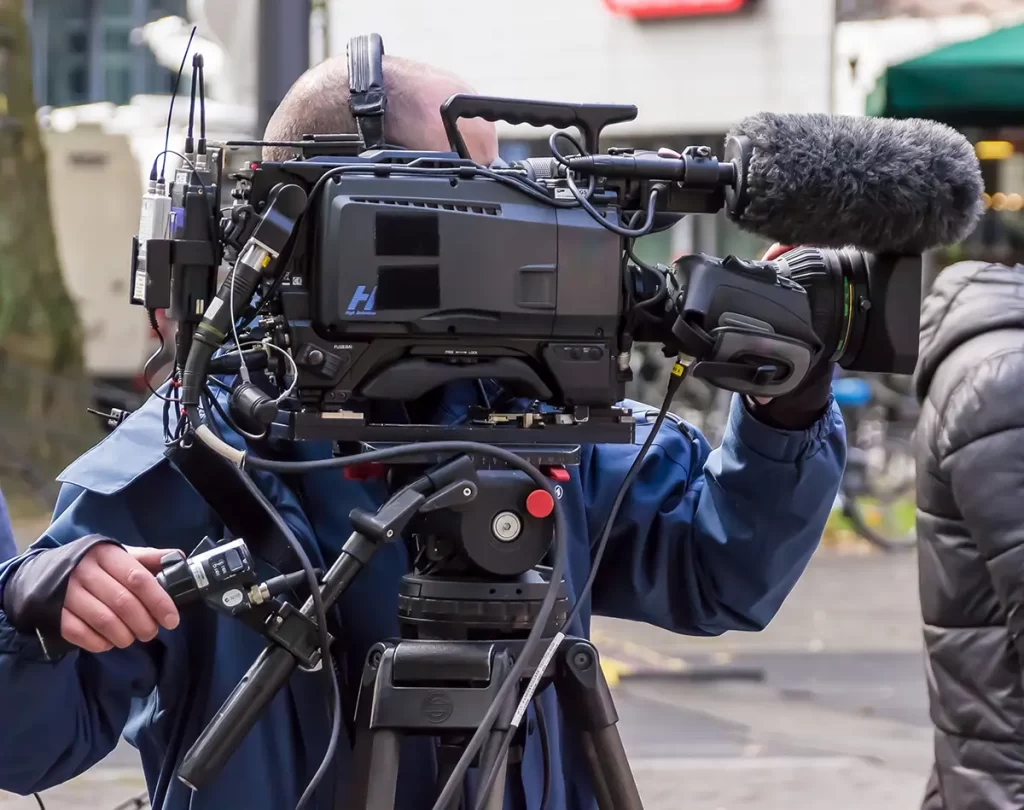By: Stan Popovich
Being on TV can be very exciting, however many people get anxious and sometimes fearful of being in the spotlight.
As a result, here are nine suggestions I found to be helpful when I am on TV.
1. Determine your goals: Make a list of everything you want to accomplish by going on TV. Having goals or tasks you want to accomplish will give you the motivation to go forward and help take away some of your fears and anxieties.
2. Develop a plan: Focus on creating a strategy on how you want to accomplish your goals when going on the news. Having a plan will better prepare you when you go on TV and will help reduce your anxieties and fears. This is how I managed the stress of doing my TV interviews.
3. Do your homework: Make an effort to learn everything you need to know before going on TV or the radio. Ask the people in charge any questions that will help increase your chances of giving a great interview. Being prepared will help reduce any potential problems that may arise.
4. Use Self-Visualization: Sometimes, a person can get worked up when they know that they are going on TV. When this happens, visualize yourself doing your interview by using your imagination. By doing this, you will be mentally prepared when the time comes for your actual TV interview.
5. Carry a small notebook of positive statements with you: Another technique that is very helpful is to have a small notebook of positive statements that makes you feel good. Whenever you come across an affirmation that makes you feel good, write it down in a small notebook that you can carry around with you in your pocket. Before you go on TV, open up your small notebook and read those statements.
6. Be sincere and honest: People tend to shy away from those who pretend to care when they really don’t. You will win over a lot of fans if you are genuine, honest, and caring. Focus on how you can help others rather than dwelling on your anxieties and fears.
7. Watch what you say: Be careful on what you say when doing the interview. Some people in the media could be eager to jump on anything that raises any question marks. Play it safe and don’t say anything that will cause you problems down the road.
8. Learn from your experiences: It is important to learn what went right and what went wrong from your previous interviews. Use your most recent experiences to help prepare you for the next time you go on TV and on the radio. Also, don’t forget to say thank you to the people who helped you out.
9. Take advantage of the help that is available around you: If possible, talk to a professional who can help you manage your fears and anxieties of being on TV. A counselor will be able to provide you with additional advice and insights on how to deal with your concerns. By talking to a professional, a person will be better able to deal with their fears of going on TV.
Like What You Read?
You will greatly increase your chances of finding the answers to your mental health issues if you use my book, website articles, and my blog at the same time. You can also review the rest of my website to get a better idea of how my experiences and advice can help you. Consider getting my affordable book right now at PayPal, Amazon, or Barnes & Noble by clicking on Get Stan’s Book



